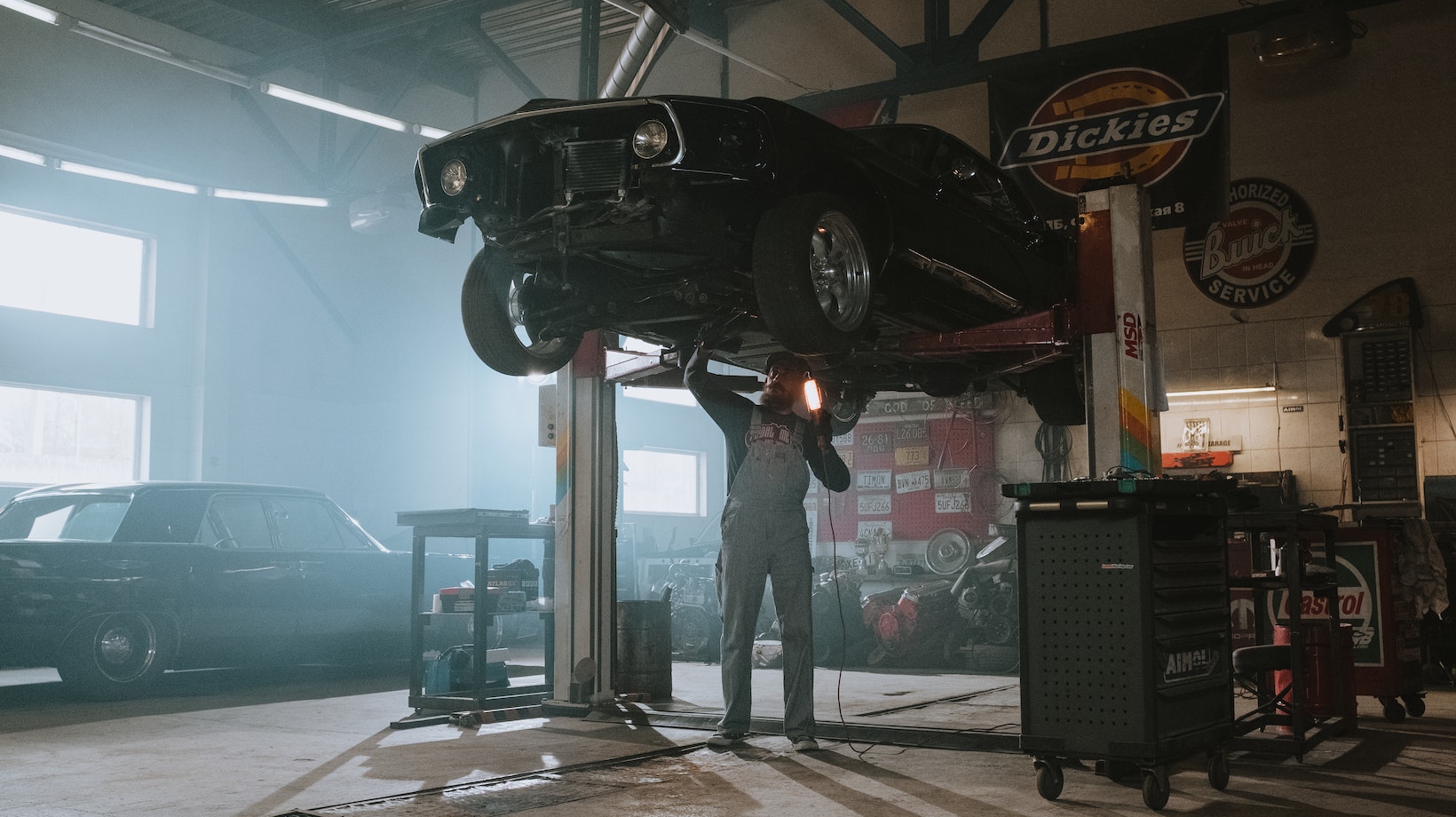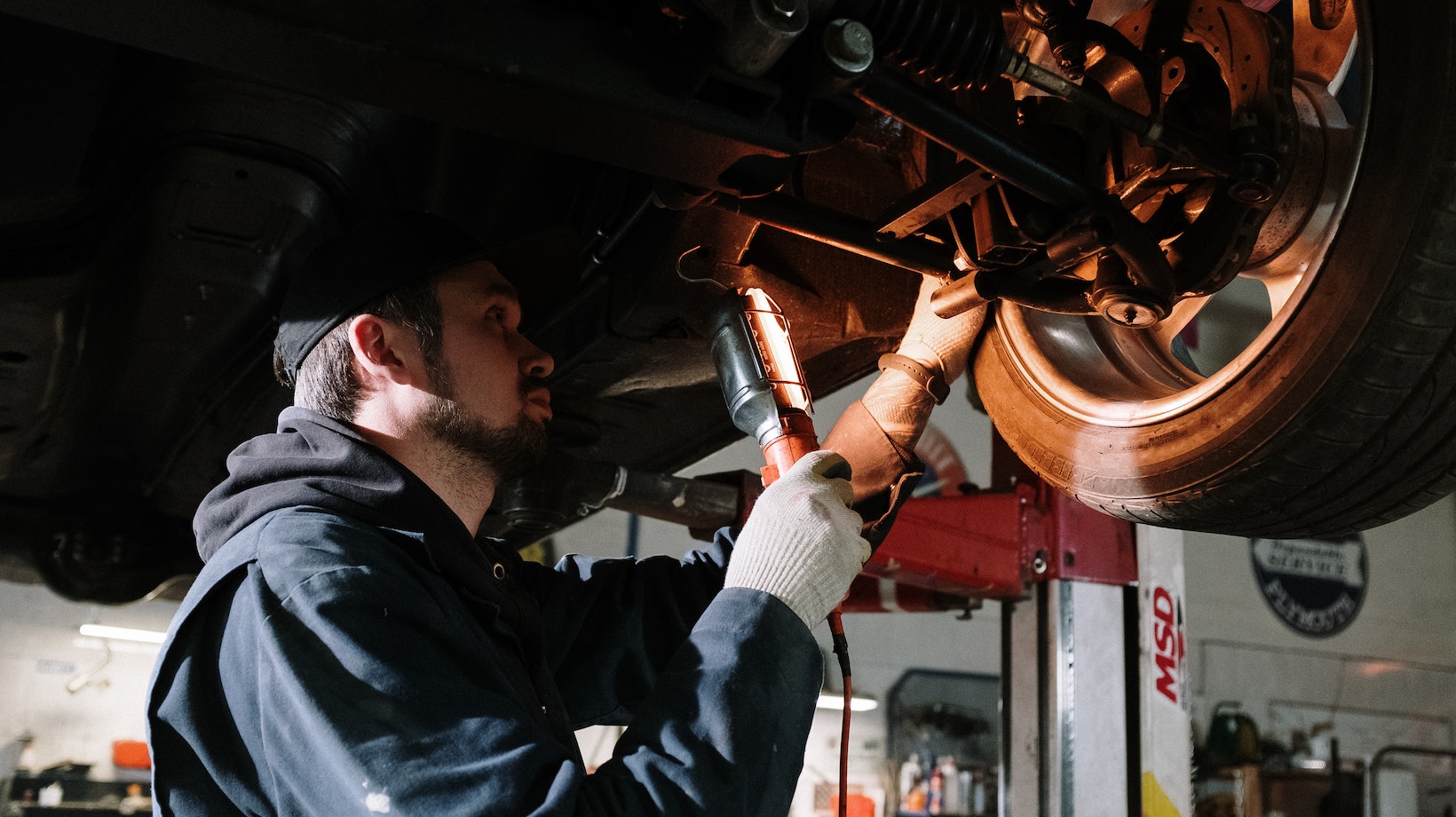Are you experiencing issues with your car amplifier? Looking for a reliable and efficient solution to get it repaired? Well, you’ve come to the right place! In this article, I’ll provide you with valuable insights into car amp repair and how to address common problems.
When it comes to car amp repair, there are several issues that can arise. It could be distorted sound output, no sound at all, overheating, or even a complete failure of the amplifier. These problems can be frustrating, especially if you rely on your car’s audio system for an enjoyable driving experience.
Car Amp Repair
When it comes to car amp repair, there are a few common issues that can arise. Understanding these problems can help you diagnose and resolve them quickly, ensuring optimal performance for your car audio system. Here are some of the most frequently encountered car amp problems:
- No Sound Output: One of the frustrating issues that car owners may face is when their amplifier fails to produce any sound. This can be caused by various factors such as a blown fuse, faulty wiring connections, or a malfunctioning amplifier itself. Checking the fuse and inspecting the wiring connections should be your first steps in troubleshooting this problem.
- Distorted Sound: Another issue that often occurs with car amps is distorted sound output. If you notice crackling noises, popping sounds, or muffled audio coming from your speakers, it could indicate a problem with the amplifier’s settings or components. Adjusting the gain settings, ensuring proper grounding, and checking for loose connections might help alleviate this problem.
- Overheating: Car amplifiers generate heat during operation, but excessive heat buildup can lead to performance issues and even damage internal components. Common causes of overheating include improper ventilation, operating at high volumes for extended periods of time, or using an underpowered power supply unit (PSU). To prevent overheating, ensure adequate airflow around the amplifier and consider upgrading to a higher-quality PSU if necessary.
- Power Issues: In some cases, car amps may experience power-related problems like intermittent power loss or failure to turn on altogether. These issues can stem from faulty wiring connections, inadequate power supply capacity, or a defective remote turn-on wire connection. Double-checking all connections and verifying proper voltage levels can help troubleshoot these power-related problems effectively.
Remember, if you encounter any of these common car amp problems, it’s always best to consult a professional for assistance if you’re unsure about how to proceed with repairs. They have the expertise and tools necessary to diagnose and fix the issue accurately, ensuring your car audio system performs at its best. Take care of your car amp, and enjoy an enhanced audio experience on the road!

How to Diagnose a Faulty Car Amp
When it comes to diagnosing a faulty car amp, there are several key signs to look out for. By being aware of these indicators, you can quickly identify whether your car amp is experiencing issues. Here are some steps you can take:
- Check for no sound or distorted audio: One of the most obvious signs of a faulty car amp is when you don’t hear any sound or experience distortion in the audio output. If your speakers produce crackling noises or if the volume is significantly lower than usual, it’s likely that your car amp needs attention.
- Inspect the power indicator: Most car amps have an LED power indicator light on them. If this light fails to turn on when you start your vehicle or remains dim, it could indicate a problem with the amp’s power supply.
- Examine loose connections: Loose or disconnected wires can also cause issues with your car amp’s performance. Take a moment to inspect all connections between the amplifier and other components such as speakers, head unit, and power source
- Inspect for loose or damaged wires: Carefully examine all wiring connected to the amplifier, including speaker wires and input/output cables. Look for any signs of fraying, corrosion, or loose connections.
- Test with a different audio source: Connect another audio source like a phone or MP3 player directly to the amplifier to rule out any issues with your head unit or other components in the system.
- Swap speakers: If possible, switch speakers between channels or connect them directly to another working amplifier to determine if the issue lies with the speakers rather than the car amp.
Remember, troubleshooting steps may vary depending on your specific car audio setup and brand of amplifier. When in doubt or if these steps do not resolve the problem, it’s always best to consult a professional car audio technician for further assistance.








































